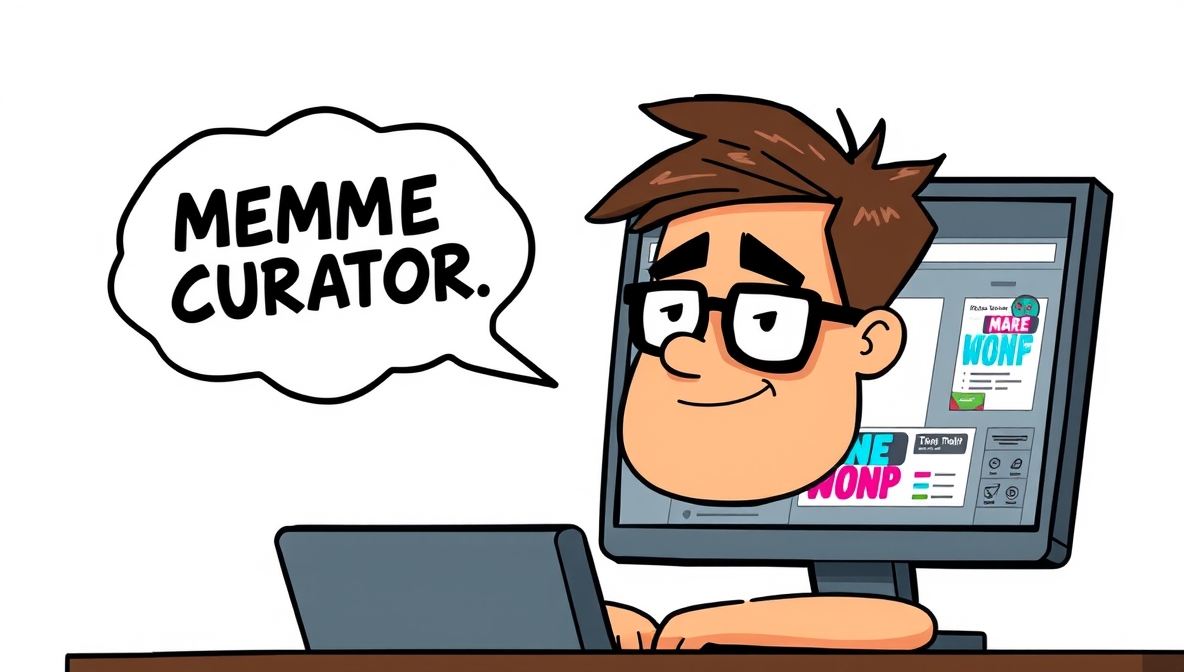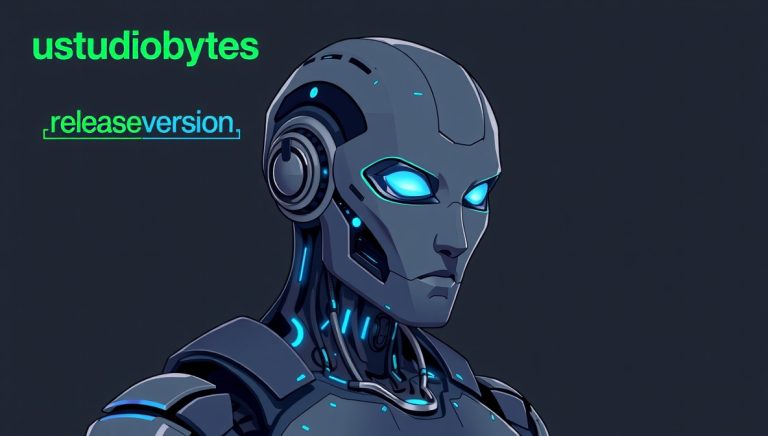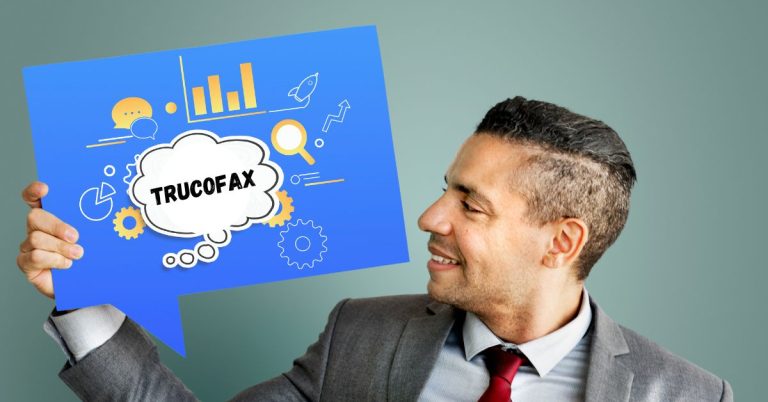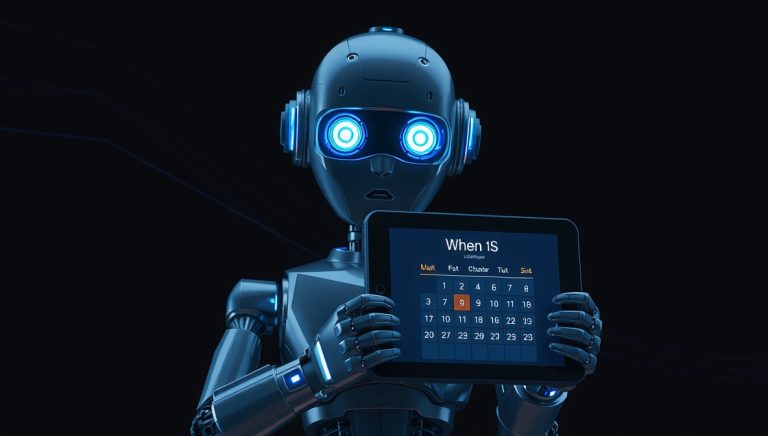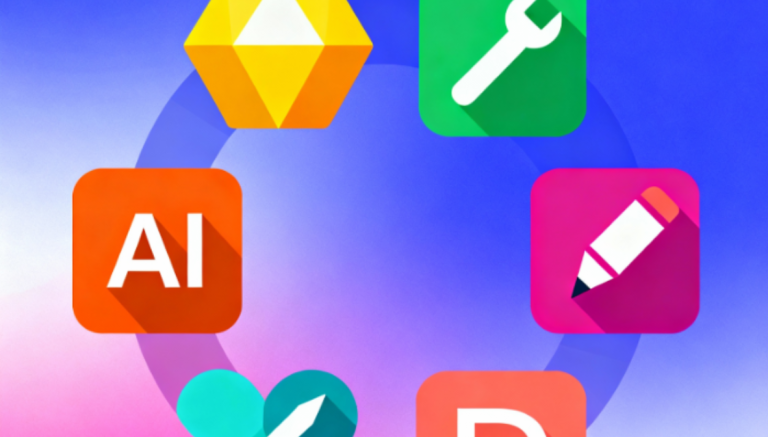The Art of Digital Humor: Exploring the Rise of the Meme Creator Culture
In the ever-evolving world of digital communication, humor has found a powerful new form — the meme creator. What began as simple image macros shared among niche internet communities has transformed into a worldwide phenomenon that influences how people think, laugh, and communicate online. From subtle political commentary to everyday relatable jokes, memes are now a defining feature of internet culture. Understanding this evolution means diving deep into how creativity, technology, and humor intersect to shape the way we express ourselves.
The Birth of the Meme Revolution
Memes have existed in various forms for decades, but the rise of the internet accelerated their spread and cultural impact. In the early 2000s, image boards and social networks became the breeding ground for this new art form. A meme creator emerged as an architect of quick, witty visual communication, turning random images into viral sensations that spoke to millions. Unlike traditional artists or writers, these creators often work anonymously, driven more by humor and relatability than fame.
What makes memes particularly fascinating is their simplicity. A combination of an image, a short caption, and a universal truth can capture the mood of an entire generation. Each meme creator takes part in a collective dialogue — one that constantly evolves with each cultural moment. This fluid, participatory nature makes meme culture one of the most democratic forms of artistic expression in history.
The Psychology Behind Memes
Laughter is a universal human experience, and memes tap into that instinct perfectly. When a meme creator crafts an image that instantly resonates, it triggers emotions like joy, nostalgia, or irony. Psychologists suggest that memes work because they create shared experiences in an increasingly fragmented digital world. They give people a way to connect without the need for complex explanations.
Interestingly, memes can also serve as coping mechanisms. In times of crisis or uncertainty, humor becomes a tool for resilience. For instance, during global events such as pandemics or political unrest, memes often emerge as a way to express frustration or hope. A meme creator acts like a digital therapist, offering laughter where words might otherwise fail.
The Tools That Empower Creativity
In today’s digital age, anyone can become a meme creator. Modern tools and applications have simplified the process, allowing even those with no design experience to create shareable content within seconds. Whether it’s a photo editing app, a social media platform, or an online design tool, technology has democratized humor production.
These tools provide templates, fonts, and image libraries that make the creation process fast and efficient. But technology alone isn’t enough — creativity remains the core ingredient. Every meme creator must understand timing, cultural trends, and audience psychology to make content that truly connects. A funny image may grab attention, but a clever insight turns it into a viral masterpiece.
The Global Spread of Meme Culture
What started as a niche internet trend has now become a universal language. A meme creator from one part of the world can make content that instantly resonates with people thousands of miles away. Memes transcend language barriers, uniting people through shared humor and experiences. In countries like Japan, India, Brazil, and the United States, memes have even shaped public opinion, political discourse, and marketing strategies.
Social media platforms such as Instagram, Reddit, and X (formerly Twitter) have accelerated this exchange, giving every meme creator access to a global audience. The viral nature of memes means they can influence conversations faster than news outlets, making them an essential part of digital storytelling.
Memes in Marketing and Branding
Modern brands have realized that humor sells. The clever use of memes allows companies to communicate with younger audiences in an authentic way. A meme creator can turn a simple advertisement into something people willingly share — an impressive feat in today’s ad-saturated environment.
For instance, brands like Netflix, Wendy’s, and Duolingo have mastered meme-based marketing, transforming corporate accounts into sources of entertainment. Instead of traditional campaigns, they rely on humor and relatability. The result is an emotional connection between consumers and the brand, built on shared laughter.
However, it’s not just corporations jumping on this trend. Small businesses and influencers also collaborate with meme creator communities to boost engagement. The blend of humor and strategy ensures that marketing feels more organic and less intrusive.
The Ethics and Boundaries of Meme Creation
While memes are often humorous, they also raise important ethical questions. A meme creator must balance humor with responsibility. Since memes spread rapidly, even a seemingly harmless joke can cause offense or perpetuate stereotypes. This makes awareness and sensitivity crucial in digital humor creation.
Additionally, copyright issues often come into play. Many memes use images or clips from movies, TV shows, or viral videos without permission. Although this reuse is usually intended for humor, it sometimes enters a legal gray area. Ethical meme creator communities advocate for originality or fair-use practices to ensure respect for intellectual property.
Memes as Social Commentary
Beyond humor, memes often reflect deep social truths. A skilled meme creator knows how to blend wit with insight, making people laugh while encouraging reflection. During political elections, for example, memes become tools for satire and awareness. They can simplify complex issues into digestible visuals that spark conversation.
In the age of misinformation, memes can also be used to fact-check or critique false narratives. This makes the role of a meme creator more significant than ever. While the goal may still be humor, the impact extends far beyond a laugh — it shapes cultural and social understanding.
Memes and Generational Identity
Different generations experience and interpret memes differently. For Gen Z, memes are a form of digital identity — a way to express feelings, opinions, and humor. Millennials often use memes to reference nostalgia and shared pop culture. Meanwhile, older generations are gradually catching up, embracing meme humor as a new form of entertainment.
A meme creator who understands these nuances can target specific demographics effectively. For example, memes referencing classic TV shows appeal to millennials, while absurd or ironic memes attract younger audiences. This generational diversity ensures that meme culture remains dynamic, constantly reinventing itself.
The Economic Side of Meme Culture
It might surprise some that memes have become a source of income for many. Today, a talented meme creator can monetize their skills through social media sponsorships, brand collaborations, and merchandise. Memes have transformed from digital jokes into digital assets.
Pages with millions of followers can generate revenue through advertising and partnerships. Meanwhile, online marketplaces allow creators to sell meme-inspired artwork, clothing, and collectibles. This shift demonstrates that internet humor is not only culturally significant but also economically viable.
Still, monetization brings new challenges. Maintaining authenticity while earning income is a delicate balance. A meme creator must ensure that humor doesn’t lose its organic appeal in the pursuit of profit. Genuine humor remains the foundation of success.
The Role of Artificial Intelligence in Meme Creation
Artificial Intelligence (AI) has recently entered the world of humor. Modern AI tools can now generate meme templates, suggest captions, or even analyze which types of jokes will go viral. This innovation empowers every meme creator to produce content faster and more efficiently.
However, AI cannot replace human creativity. While it can suggest formats or text, it lacks emotional understanding and cultural awareness. A true meme creator brings personal experience, empathy, and cultural insight — qualities that no machine can replicate. Technology may assist, but humor still depends on the human touch.
The Power of Visual Storytelling
At its core, every meme tells a story. Whether it’s an inside joke about daily struggles or commentary on global issues, the visual format captures emotions instantly. A skilled meme creator knows how to use composition, facial expressions, and timing to enhance the impact.
Unlike long-form articles or videos, memes communicate meaning in seconds. This brevity aligns perfectly with the fast-paced consumption habits of digital audiences. The combination of image and text engages both visual and linguistic processing, making memes highly memorable.
Memes in Pop Culture and Entertainment
Today’s entertainment industry constantly draws inspiration from memes. From TV shows referencing viral jokes to celebrities using memes for self-promotion, the lines between internet culture and mainstream media continue to blur. A meme creator may unknowingly influence a Hollywood script or inspire a global marketing campaign.
The meme-to-mainstream pipeline has become a cultural phenomenon. Songs, movies, and even fashion trends now emerge from viral memes. This symbiotic relationship ensures that memes remain relevant — shaping, and being shaped by, pop culture.
The Role of Community in Meme Evolution
Meme creation is not a solitary art. Every meme creator belongs to a larger online ecosystem where ideas evolve collaboratively. Social media comments, remixes, and shared posts contribute to the life cycle of a meme.
Communities on platforms like Reddit and Discord often collaborate to create series or “meme chains,” where each new version adds a twist. This collective creativity ensures that memes remain fresh and constantly reinvented. The community acts as both audience and co-creator, blurring traditional boundaries between creator and consumer.
The Political Power of Memes
In modern politics, memes have become strategic tools. Campaigns use them to spread messages quickly, while citizens employ them for activism or satire. A skilled meme creator can summarize political events in a way that resonates with millions.
During elections, protest movements, or policy debates, memes become a form of visual journalism. They highlight contradictions, expose hypocrisy, and empower people to speak truth to power. Their speed and reach make them powerful instruments for shaping public opinion.
The Emotional Connection Behind Humor
Behind every viral meme lies a shared emotional truth. A meme creator understands how to evoke that spark of recognition — the “that’s so true” moment that makes people laugh and share. Humor works best when it feels authentic and relatable, bridging gaps between individuals and communities.
Studies in social psychology reveal that humor reduces stress and fosters social bonds. In the context of the internet, this means that memes aren’t just entertainment; they’re digital glue holding communities together.
The Challenges of Staying Relevant
The internet moves fast, and yesterday’s meme may be forgotten by tomorrow. A meme creator must constantly adapt to new trends, platforms, and cultural shifts. Timing is everything — post too early, and the audience won’t get it; too late, and the joke has expired.
Moreover, audience preferences vary across platforms. A meme that works on Reddit may not resonate on TikTok. Successful creators learn to tailor their style for each environment. Adaptability, awareness, and experimentation are key traits in this ever-changing landscape.
The Dark Side of Meme Culture
Despite its humor, meme culture isn’t free from problems. Some communities use memes for spreading hate speech or misinformation. A responsible meme creator must recognize this danger and strive to create humor that uplifts rather than harms.
There’s also the issue of burnout. Constantly producing fresh content can be mentally exhausting, especially for those who rely on it for income. The pressure to stay relevant and funny can take a toll on creativity. To sustain long-term success, creators need balance and authenticity.
Memes as a Digital Legacy
Decades from now, historians may look back at memes to understand our culture. Each viral image captures the spirit of its time — our struggles, joys, and collective sense of humor. A meme creator today is not just entertaining an audience; they’re documenting human emotion in real time.
Memes represent the most accessible form of art and commentary in the digital age. They democratize creativity, allowing anyone with a sense of humor to contribute to culture. In that sense, meme creators are both artists and archivists of the online era.
How Memes Shape Online Identities
Online identities are often built around humor and relatability. A meme creator helps shape these identities by providing templates through which people express themselves. Sharing a meme is not just about laughing — it’s about saying, “This represents me.”
Social media feeds are filled with memes that mirror our emotions, beliefs, and personalities. This emotional mirroring strengthens the bond between creators and audiences. Memes thus become the visual language of self-expression in the modern world.
The Future of Meme Creation
Looking ahead, the role of the meme creator will only grow. As virtual reality, augmented reality, and AI technologies evolve, memes may become more interactive and immersive. Instead of static images, future memes could involve dynamic 3D environments or voice-driven humor.
Despite technological advancements, the essence of memes will remain unchanged: connecting people through laughter. The future will bring new platforms and tools, but the heart of meme culture — human creativity and shared humor — will endure.
Memes as Digital Diplomacy
Interestingly, memes can also bridge cultural divides. When people from different backgrounds laugh at the same joke, barriers dissolve. A meme creator thus becomes an unofficial ambassador of cross-cultural understanding. Humor transcends politics, religion, and language, reminding us of our shared humanity.
International meme pages and online collaborations have already proven that laughter can unite people even during tense global times. In this sense, memes are not just art — they are diplomacy in disguise.
Conclusion: The Power of Humor in a Digital World
In a time where attention spans are short and information flows endlessly, humor stands as a timeless form of connection. The meme creator embodies this spirit, using creativity and technology to transform everyday thoughts into moments of joy.
From marketing to politics, from social commentary to entertainment, memes influence nearly every aspect of modern life. They are the heartbeat of online culture — fast, witty, and universally understood.
As long as people continue to laugh and share, the art of meme creation will thrive. Each meme creator contributes a spark of humor to the vast digital universe, reminding us that in a world full of noise, a good laugh still brings us together.
